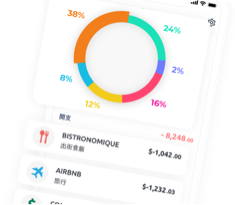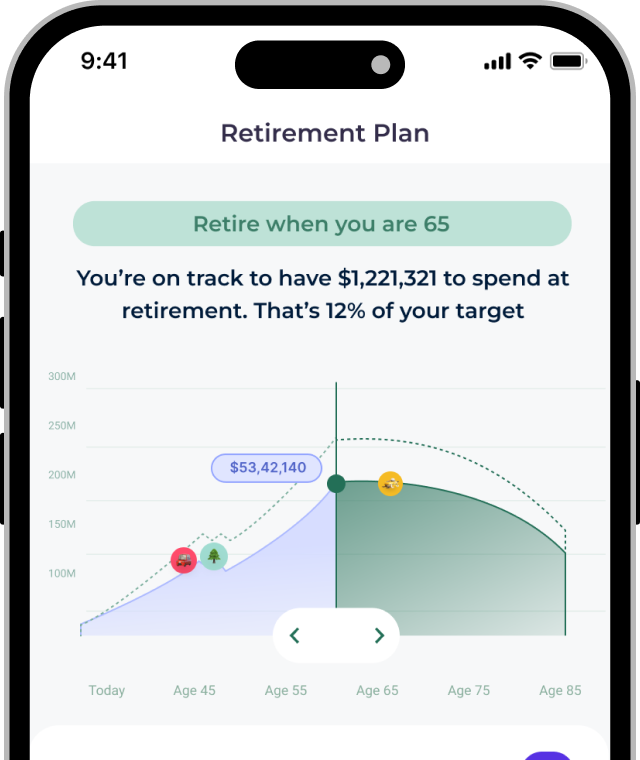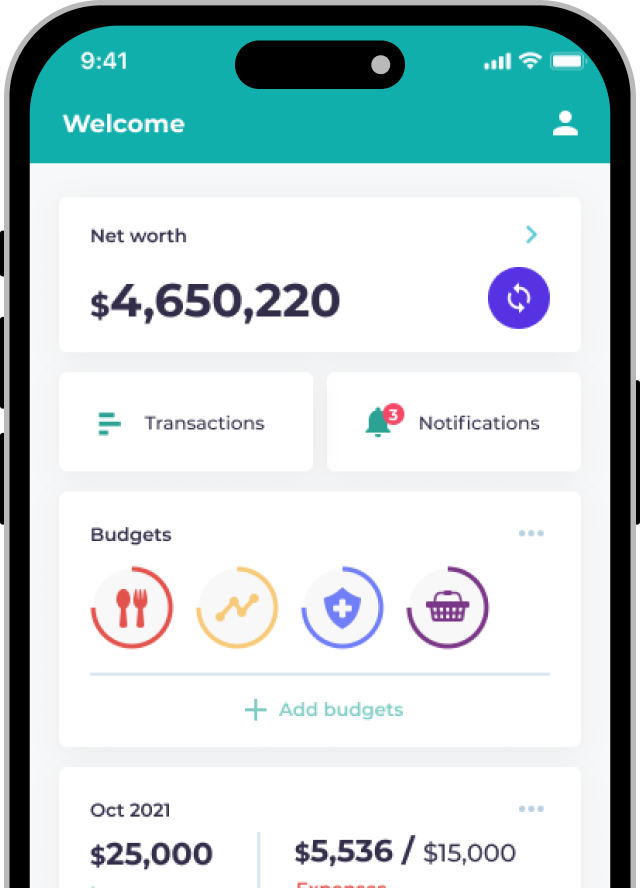Hong Kong’s cryptocurrency market is expanding rapidly, drawing increased attention from local investors. Popular digital assets such as Bitcoin and Ethereum are gaining mainstream acceptance and are no longer considered fringe assets. Backed by a proactive regulatory framework, the Hong Kong government has been fostering the growth of the crypto industry, including the approval of the city’s first Bitcoin ETF.
On the trading front, beyond the two major licensed platforms, OSL and HashKey, mobile-first brokerages like Futu and Tiger Brokers have also introduced crypto trading services. These developments have significantly lowered the barrier to entry for Hong Kong residents to invest in digital assets.
For first-time investors, choosing the right crypto to buy is only part of the equation. More importantly, selecting a secure, transparent, and fully compliant trading platform is essential. The platform you choose will directly impact both the safety of your funds and your overall trading experience.
Planto has compared the key features and fee structures of Hong Kong’s leading licensed crypto platforms. This guide also offers practical tips on what to look for when selecting a platform, helping you start your crypto investment journey with confidence and security.
Comparison of Crypto Trading Account in Hong Kong
Step of Opening a Crypto Trading Account in Hong Kong
To buy major cryptocurrencies like Bitcoin or Ethereum with HKD, Hong Kong investors must first open an account with a licensed virtual asset trading platform. The application can be completed via the platform’s website or mobile app. Key steps include:
- Choose a Licensed Platform: Verify that the platform holds a virtual asset trading platformlicense issued by the Hong Kong Securities and Futures Commission (SFC). Licensed platforms follow higher standards in asset protection, risk management, and customer due diligence.
- Submit Personal Information and ID Documents: Register through the platform’s website or app by providing basic information such as your full name, email address, and mobile number. You’ll also need to upload a copy of your Hong Kong identity card and a proof of address (e.g., a recent utility bill or bank statement within the last three months).
- Complete Risk Assessment: As part of regulatory requirements, users must complete a risk tolerance questionnaire. This typically assesses your understanding of crypto risks, investment experience, and financial background to determine whether crypto investments are suitable for you.
- Deposit Initial Funds: Most platforms require an initial deposit (typically HK$10,000) to activate the account. Funding can be done via FPS or local bank transfer.
- Await Approval and Start Trading: Once all documents are submitted, the platform will conduct an internal review. Approval usually takes one to two business days. Some platforms also offer instant verification, allowing users to start trading on the same day.
Key Factors to Consider When Choosing a Crypto Trading Account
When selecting a cryptocurrency exchange that fits your needs, here are the main factors to consider:
Regulation and Compliance
The first step is to ensure the platform is properly licensed. In Hong Kong, only exchanges with a license from the Securities and Futures Commission (SFC) can legally serve retail investors. Choosing a regulated platform means your funds are better protected, and the exchange must comply with anti-money laundering (AML) regulations, reducing legal risks.
Fund Security and Risk Management
Security is a top concern for crypto investors. Reputable exchanges store the majority of user assets in offline cold wallets to minimize hacking risks. Look for platforms that offer two-factor authentication (2FA), biometric login options, and robust account protection. If the platform has a history of security breaches or lost funds, extra caution is advised.
Supported Cryptocurrencies
Each platform supports a different range of tokens. Licensed exchanges in Hong Kong typically allow trading only in major coins like BTC and ETH. Overseas platforms may offer access to a wider selection of altcoins and DeFi tokens, but they are not regulated by the SFC. In addition to coin availability, ensure the platform has adequate liquidity to avoid trade execution issues.
Fee Structure
Trading fees directly affect your long-term investment costs. Most platforms charge based on a Maker/Taker model, and fees may vary depending on your trading volume. Also check for any hidden charges on deposits and withdrawals — international platforms may involve wire transfer fees, making them more costly than local options.
Deposit and Withdrawal Methods
Hong Kong-based platforms like HashKey and OSL support local payment methods such as FPS and bank transfers, making funding and withdrawals convenient. Some exchanges also accept USDT deposits, ideal for users who already hold stablecoins. Credit card deposits may also be offered, but often come with higher processing fees.
User Experience and Interface Design
A well-designed user interface can significantly enhance your trading experience. Quality platforms offer stable, intuitive dashboards that clearly display market prices, portfolio balances, and transaction history, whether on desktop or mobile. Some also provide beginner-friendly modes and educational resources to help new users get started with confidence.
| Rank | Exchange Name | 24h Trading Volume (USD) | Number of Coins |
| 1 | Binance | ~US$13.37 billion | 476 |
| 2 | Bybit | ~US$2.28 billion | 725 |
| 3 | Coinbase Exchange | ~US$2.27 billion | 294 |
| 4 | Upbit | ~US$4.56 billion | 240 |
| 5 | OKX | ~US$2.37 billion | 348 |
| 6 | Bitget | ~US$2.56 billion | 753 |
| 7 | MEXC | ~US$2.56 billion | 2,371 |
| 8 | Gate.io | ~US$2.84 billion | 2,413 |
| 9 | KuCoin | ~US$1.01 billion | 939 |
| 10 | Crypto.com Exchange | ~US$2.33 billion | 409 |
More Crypto Basics and Common Questions
Cryptocurrency is a type of digital asset that operates without control from any central authority. It uses blockchain technology to verify and record transactions. A blockchain is a decentralized ledger maintained by multiple nodes, ensuring data transparency and immutability without the need for intermediaries like banks. Bitcoin, the first and most well-known cryptocurrency, introduced the concept of “mining.” Today, there are over ten thousand cryptocurrencies being traded globally. While crypto offers benefits such as low transaction costs and fast transfers, it also comes with high price volatility, which investors should be cautious of.
To regulate the crypto market more effectively, Hong Kong introduced a new licensing regime for Virtual Asset Service Providers (VASPs), which came into effect on June 1, 2023. Any company intending to operate a regulated crypto trading platform in Hong Kong must obtain a VASP license. This regulatory framework currently applies only to trading platforms, not individual investors. This means that while investors are free to use overseas platforms, they won’t be protected by Hong Kong’s Securities and Futures Commission (SFC) if issues arise on unlicensed platforms.
SFC-licensed platforms are required to implement insurance or compensation arrangements to protect users in the event of losses caused by hacking, theft, fraud, or platform default. For example, licensed platforms must compensate 100% of client assets stored in hot wallets (online) and 50% of those held in cold wallets (offline).
Hong Kong investors using licensed platforms like OSL and HashKey Exchange can deposit and withdraw funds through local bank accounts. The process is similar to that of traditional stock trading platforms, simply select the currency, amount, and bank account, then confirm the instructions.
Cryptocurrency trading is available 24 hours a day, 7 days a week. Investors can buy and sell crypto assets at any time through supported trading platforms.
Important information:
Investment involves risks. This information is intended to be educational and is not tailored to the investment needs of any specific investor. This information does not constitute investment advice and should not be used as the basis for any investment decision nor should it be treated as a recommendation for any investment or action. Past performance is no guarantee of future results. The value of investments and the income from them can go down as well as up, so you may not get back what you invest.






















